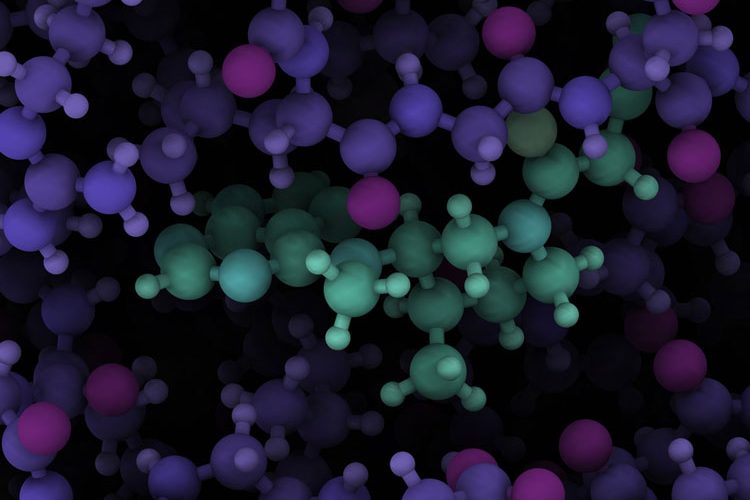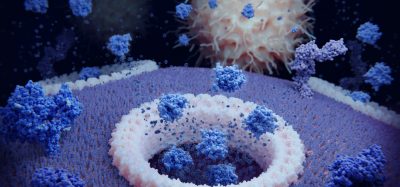New imaging tools that trace key breast cancer enzymes may help guide therapies
Posted: 7 December 2018 | Drug Target Review | No comments yet
Series of molecules may provide more reliable relief with fewer side effects…


Researchers at Purdue University have developed a series of molecules that may provide more reliable relief with fewer side effects for people with any of several autoimmune diseases. The new molecules overcome difficulties with current drugs in targeting, for purposes of inhibiting, the appropriate form of Janus kinase, which has four forms affecting cell signalling and gene expression.
The new inhibitors may provide relief for people suffering from rheumatoid arthritis, psoriasis, myelofibrosis and other autoimmune diseases with a reduction in side effects compared with current therapies.
“Our new molecules fit within the emerging field of therapeutically useful Janus kinase inhibitors that have attracted a lot of attention and excitement within the medicinal chemistry community and the general field of medicine,” said Mark Cushman, a Distinguished Professor of medicinal chemistry in Purdue’s College of Pharmacy, who leads the research team. “Our compounds contribute a new structural chemotype that is expected to have unique pharmacological properties relative to the other known Janus kinase inhibitors.”
Biomarkers are redefining how precision therapies are discovered, validated and delivered.
This exclusive expert-led report reveals how leading teams are using biomarker science to drive faster insights, cleaner data and more targeted treatments – from discovery to diagnostics.
Inside the report:
- How leading organisations are reshaping strategy with biomarker-led approaches
- Better tools for real-time decision-making – turning complex data into faster insights
- Global standardisation and assay sensitivity – what it takes to scale across networks
Discover how biomarker science is addressing the biggest hurdles in drug discovery, translational research and precision medicine – access your free copy today
Prof Cushman, a member of the Purdue University Center for Cancer Research, said the new molecules also show potential to allow for more treatment options for people with autoimmune diseases. Abnormalities of the immune system often lead to autoimmune diseases or cancer.
The work aligns with Purdue’s Giant Leaps celebration, celebrating the university’s global advancements in health as part of Purdue’s 150th anniversary. This is one of the four themes of the yearlong celebration’s Ideas Festival, designed to showcase Purdue as an intellectual centre solving real-world issues.
Researchers filed a patent with the Purdue Office of Technology Commercialization and the technology is available for licensing.
The research appears in the Journal of Medicinal Chemistry.
Related topics
Disease Research, Enzymes, Imaging, Oncology
Related conditions
autoimmune diseases, myelofibrosis, Psoriasis, rheumatoid arthritis
Related organisations
Purdue University
Related people
Mark Cushman







